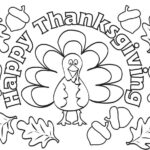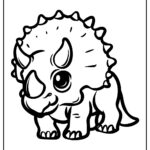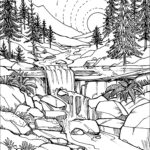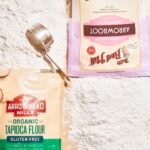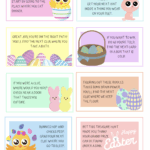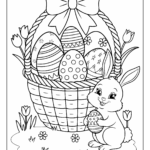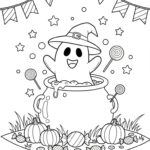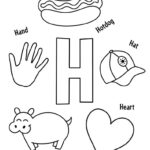Are you looking for a fun and creative way to keep your kids entertained? Or perhaps you want to add some unique decor to your home or classroom? Look no further than printable coloring pages! These versatile posters are not only affordable and easy to use, but they also provide endless hours of entertainment and creativity.
Whether you’re a parent, teacher, or just someone who loves arts and crafts, coloring pages of goats are a fantastic option. These adorable animals are sure to bring a smile to anyone’s face, and they offer a wide range of creative possibilities. From simple coloring activities to more intricate designs, there’s something for everyone.
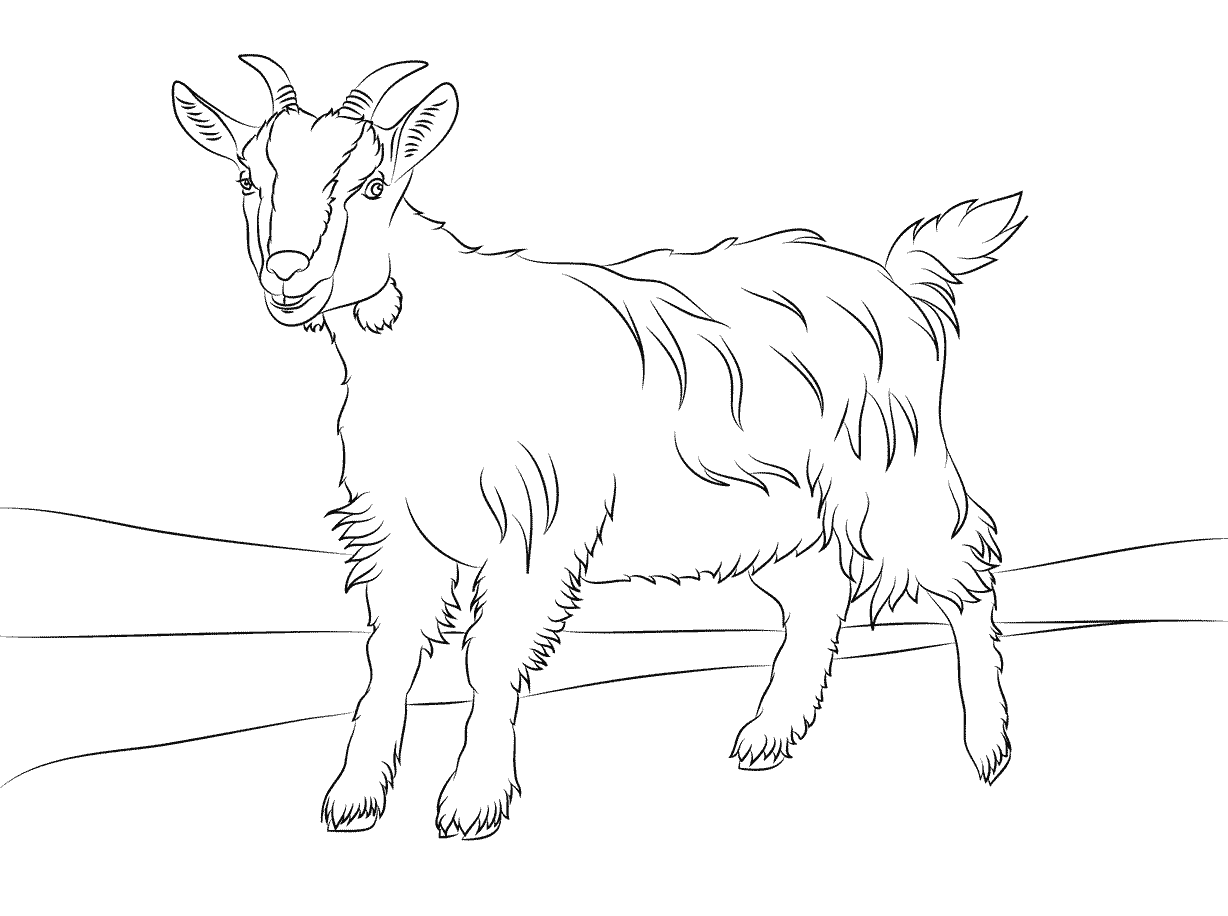
coloring pages of goats
Get Creative with Your Coloring Pages of Goats
One fun idea is to create a goat-themed coloring station at your next kids’ party. Simply print out a variety of goat coloring pages, set out some markers and crayons, and watch as the little ones unleash their artistic talents. You can even turn it into a contest or showcase their finished masterpieces on a gallery wall.
Another great use for coloring pages of goats is to incorporate them into educational activities. Teach kids about farm animals, animal habitats, or even the alphabet using goat-themed coloring pages. This hands-on approach to learning is not only engaging but also helps improve fine motor skills and creativity.
For a more personal touch, consider using goat coloring pages as a unique gift or party favor. Simply print out your favorite designs, add a personalized message or name, and voila! You have a one-of-a-kind gift that’s sure to be cherished. You can even frame the finished artwork for a special keepsake.
So why wait? Dive into the world of printable coloring pages today and unleash your creativity. Whether you’re looking for a fun activity for the kids, a unique teaching tool, or a thoughtful gift, coloring pages of goats are sure to delight. Let your imagination run wild and see where it takes you!
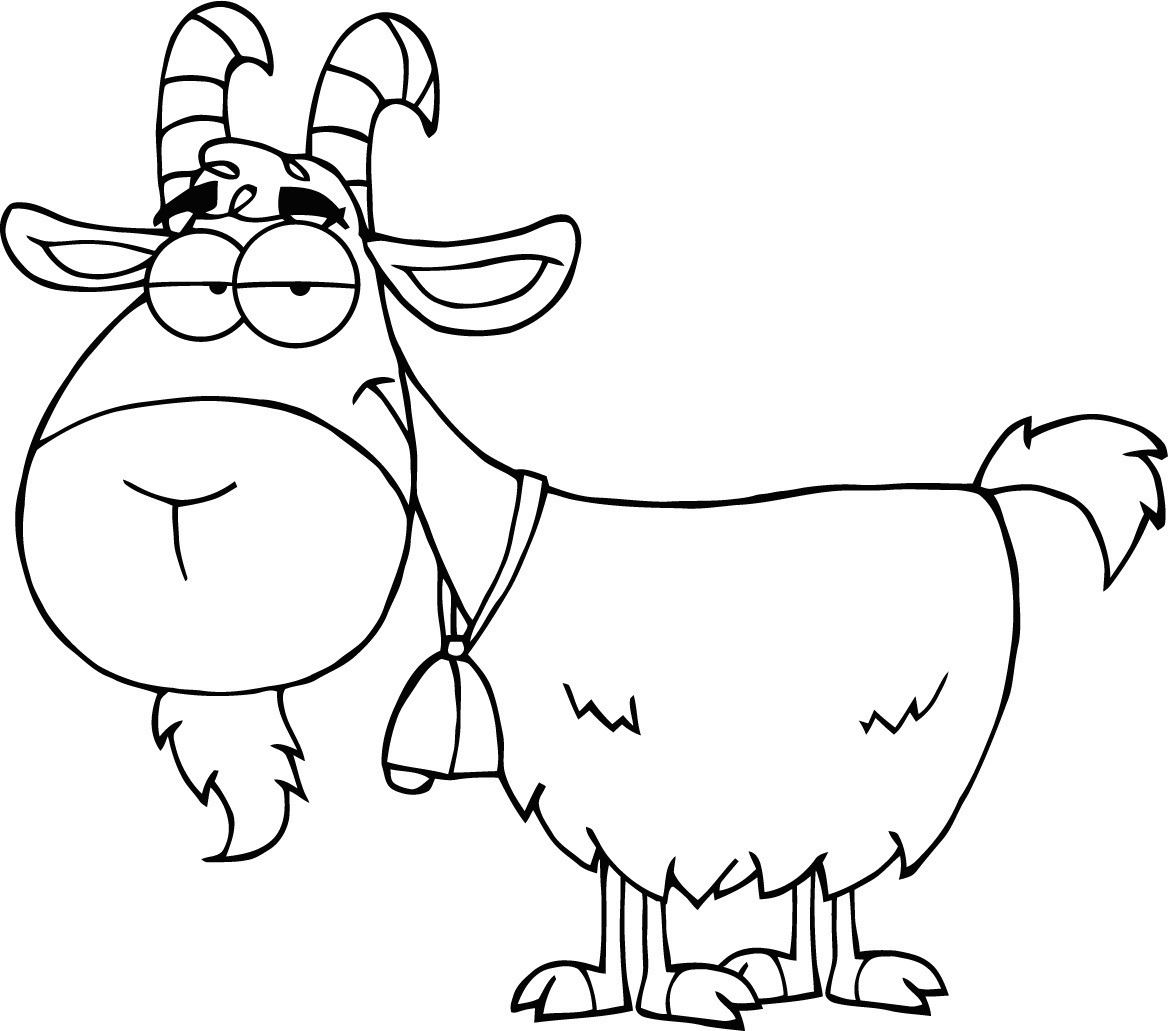
Coloring Pages Hungry Goat Coloring Pages
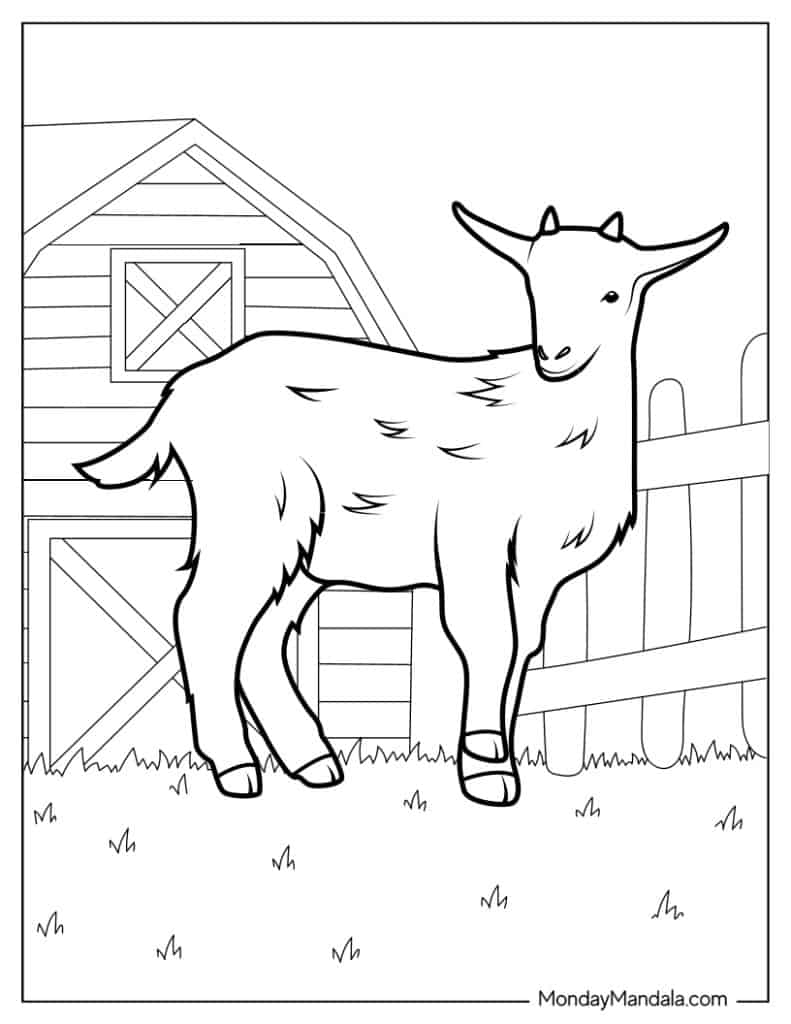
Whether you are a DIY fan looking for affordable wall art, coloring pages of goats has wall art for every purpose.
Thanks to minimalist and bold options, it is easy to transform your environment any day of the week.
20 Goat Coloring Pages Free PDF Printables
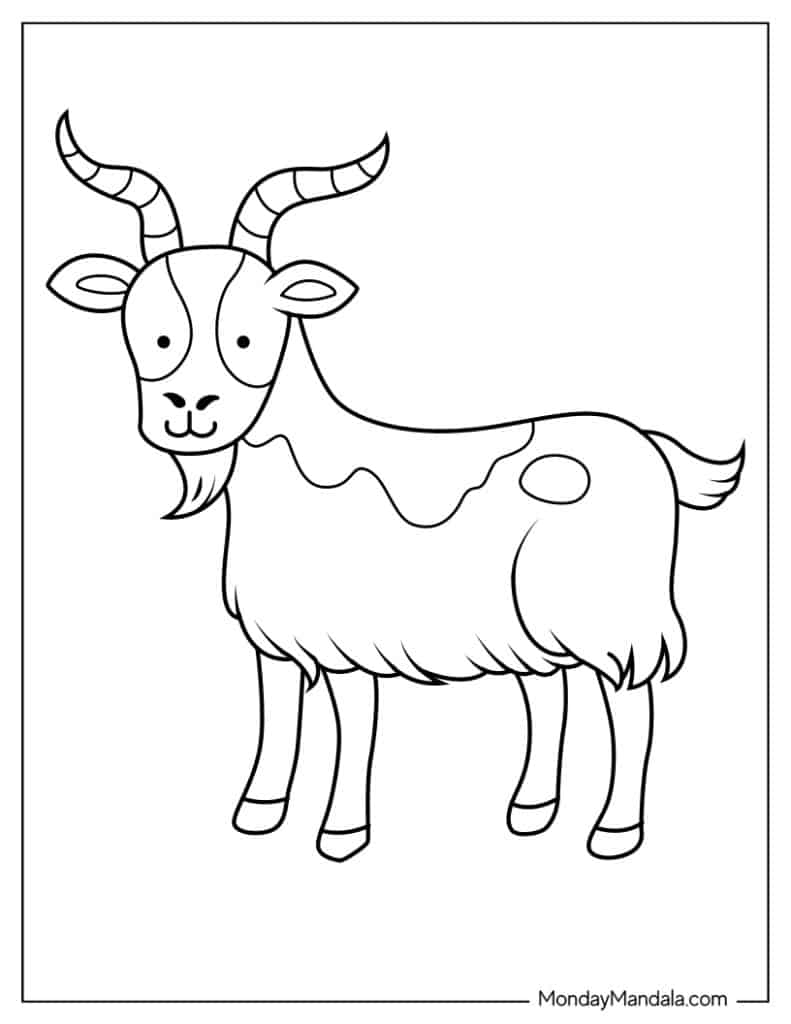
20 Goat Coloring Pages Free PDF Printables
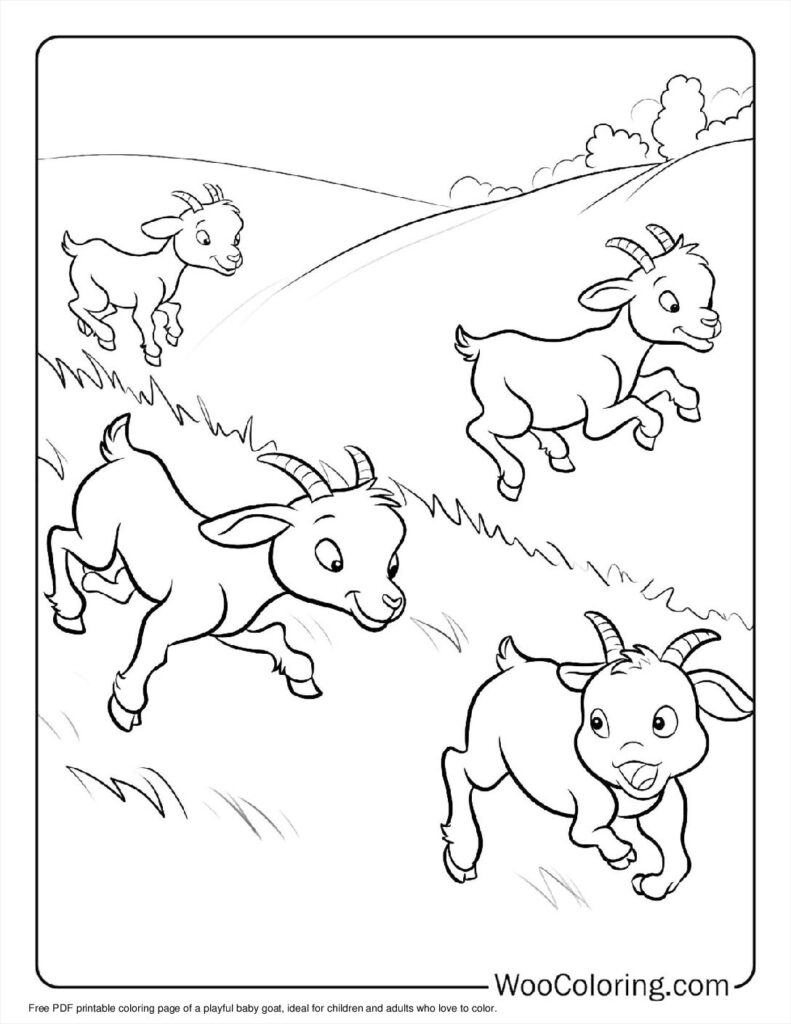
100 Goat Coloring Pages Free PDF To Print Woo Coloring
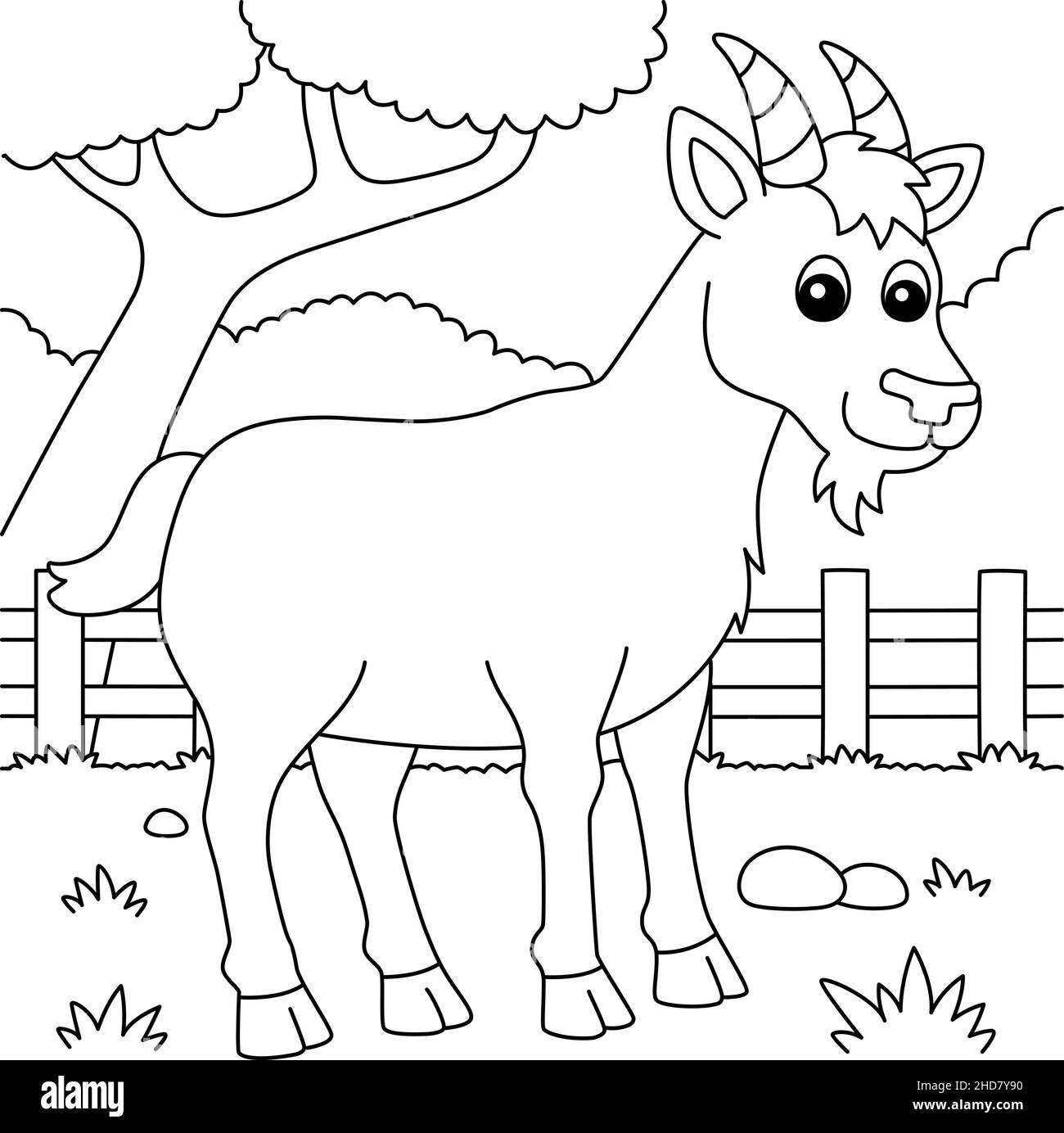
Goat Coloring Page For Kids Stock Vector Image Art Alamy
Keep coming back to coloring pages of goats for seasonal wall art and decorate with purpose.
Whether you’re getting ready for back to school, coloring pages of goats is your decor solution. Print, and start decorating
